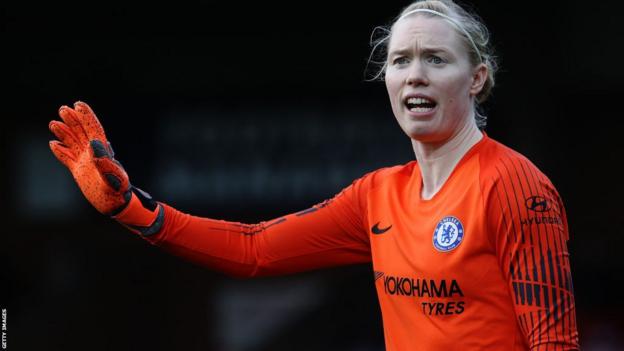Elina Svitolina vs. Venus Williams
Neither of these women are seeded. One is ranked 75th, and the other 554th. But it’s easy to see why they’re second up in Centre Court. Each is a sentimental favorite in a different way.
The American is one because she’s 43, she’s a five-time Wimbledon champion, and she may be playing at the All England Club for the final time—though you never know with the tennis-loving Venus. The Ukrainian is a sentimental favorite because she has devoted her career to the cause of her country since it was invaded last winter. Her trip to the quarterfinals at Roland Garros was one of the stories of that tournament.
How will the match itself be? Neither of these two, obviously, has played much tennis over the past 12 months; that’s why they’re ranked where they’re ranked. Svitolina is 12-8 on the season, and Venus just 2-3. Despite that, each has looked surprisingly good when they’ve been out there. As noted above, Svitolina made the quarters in Paris, and Venus won a match on grass in Birmingham, before falling in three sets to eventual champion Jelena Ostapenko. And we know Venus loves Centre Court.
As for who might win, Svitolina leads their head to head 3-1. She also won’t be awed by having to face a legend like Williams, the way a younger or less-experienced player would be. Venus should have the crowd, and she should make a push at some point, but I’d expect Svitolina to prevail in the end. Winner: Svitolina
Taylor Fritz vs. Yannick Hanfmann
By most measures, Fritz should be heavily favored here. He’s six years younger and ranked 39 spots higher than Hanfmann. He made the quarters, and nearly the semis, at Wimbledon last year, while Hanfmann has never won a match at this tournament. Fritz is 31-27 for his career at the majors; Hanfmann is 2-9.
But the German leads the American in one key metric: Head to head. Not by much: Hanfmann is 1-0 against Fritz. But the match was a recent one, in Rome six weeks ago, and it was by a decisive 6-4, 6-1 scoreline. Since then, Hanfmann has continued his strong run of play, qualifying for Roland Garros and making the semifinals on grass in Mallorca, where he also ended Feliciano Lopez’s career. Fritz, meanwhile, has been on a run of mediocrity, going just 2-3 and failing to get out of the second round at any of his three Wimbledon tune-ups.
Fritz has, or should have, big ambitions for this tournament; a semifinal run or better would seem to be within reach. But he’ll have to raise his level early. Winner: Fritz
No. 1 Court lost a big-name player when Nick Kyrgios, who was scheduled to face David Goffin there, pulled out of the tournament this weekend. But the Monday session in that arena will close with a contest between two well-known American women. One is ranked No. 7 in the world, and the other has a major title on her résumé. Each has been a runner-up at Roland Garros.
Gauff is the high-ranked player, and by almost all measures the heavy favorite. Kenin, the 2020 Australian Open champion, has been taking the long way back to the Top 100 this season, and she’s still not there yet. She’s 128th, and has a 12-14 record in 2023. But there have been a couple of bright spots along the bumpy road. Kenin recorded a win over Aryna Sabalenka in Rome, and she won three qualifying matches to make it into the main draw at Wimbledon. That’s as many wins as she had at the All England Club in her career before last week.
One of those victories came over a fellow American, Taylor Townsend. Now Kenin will face another, better one. Gauff beat Kenin when they met on hard courts early this season, 6-4, 6-4. She’s also 8-3 for her career at Wimbledon, and made the semifinals in Eastbourne this past week. But playing a countrywoman can be an unpredictable and nerve-wracking experience. So can playing a first-round match at a major. Winner: Gauff

